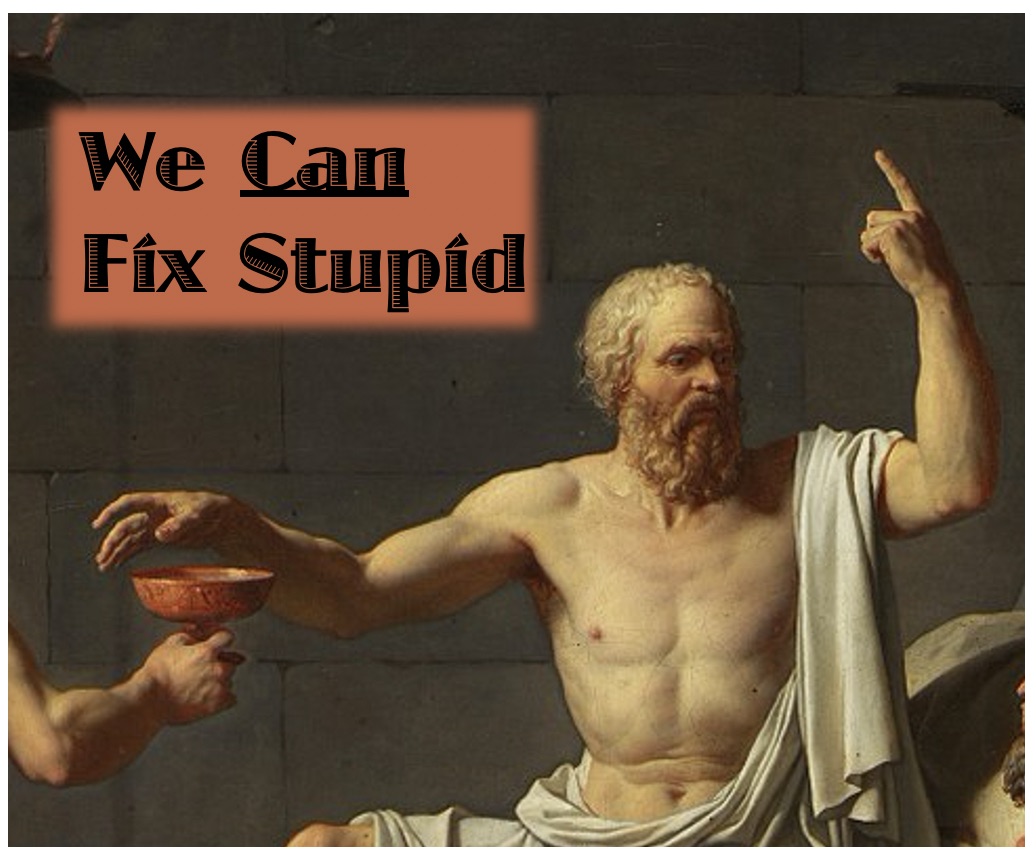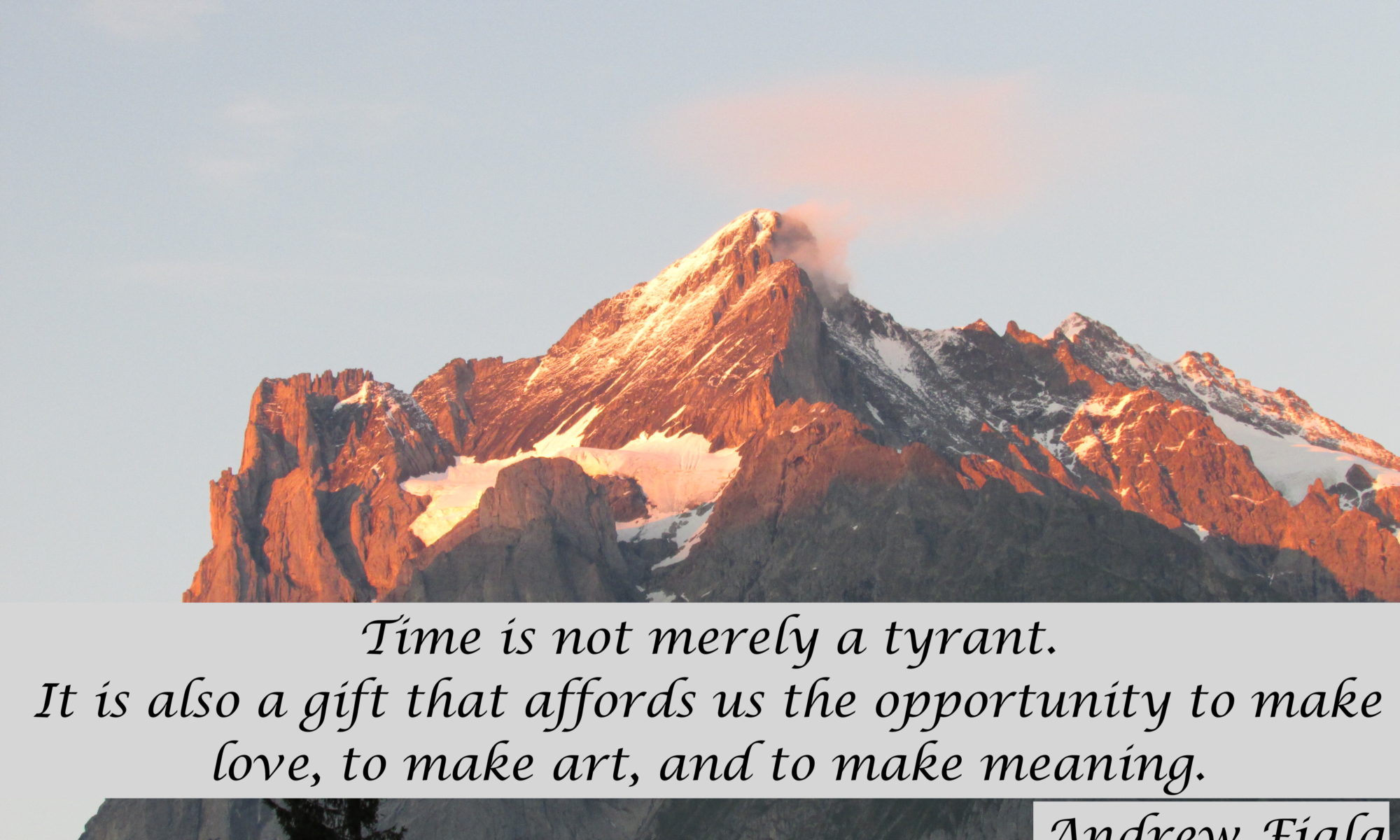If Trump can rename the Gulf of Mexico, why can’t a trans person adopt a new name and pronoun?
Philosophers have long wondered about the nature of names. Is there any essential way that words connect to the world? Or are names merely arbitrary conventions made up for personal or political purposes?
Donald Trump’s magical sharpie directs our attention to this perennial problem. Trump’s signature on Executive Order 14172 (“Restoring Names That Honor American Greatness”), apparently suffices to rename things. He turned Alaska’s Denali back into Mt. McKinley. And he imposed a previously unheard-of name, “Gulf of America,” on the waters east of Mexico.
In response, Mexico has threatened to sue. And Americans are left wondering. What is the true name of these things? And who gets to decide?
Most philosophers think names are merely conventional, and that there are no “true names.” But mystics suggest that the true name of a thing provides a direct connection between word and object. As one of Plato’s characters suggests, a thing’s true name is given by the gods.
A version of the “true name” idea can be found in Trump’s executive order about gender identity, which is named, in part, “Restoring Biological Truth To the Federal Government.” The Order states that there has been an “ongoing and purposeful attack against the ordinary and longstanding use and understanding of biological and scientific terms.” It states that “gender ideology” has resulted in “invalidating the true and biological category of ‘woman’.”
But according to “ordinary and longstanding use and understanding,” the Gulf of Mexico is the name of the body of water in question. If the president can rename it by fiat, why can’t a person adopt a preferred pronoun or gender category in the same manner?
Naming is often about power, privilege and control. A biblical myth says that God gave Adam the power to name things along with dominion over the world. He who bestows names also owns and dominates them.
There is a kind of royal or religious prerogative in naming, christening and dubbing. Elaborate ceremonies are required to establish names and titles, and make subsequent changes. We see this in weddings, christenings and other rituals.
When power shifts, things are often renamed. The renaming is part of the point of acquiring power. The conqueror, after all, has the right to name what he has conquered.
Sometimes names are overtly practical. A “computer” computes and an “automobile” propels itself. A “bicycle” has two wheels, while a “tricycle” has three. Utilitarian and prosaic names function like “true names,” directly expressing the meaning of things.
But naming is often arbitrary and even whimsical. Elon Musk changed “Twitter” to “X,” which is also the name of one of his sons. Congressman Earl “Buddy” Carter has (absurdly) proposed renaming Greenland as “Red, White and Blueland.”
Some names have deep significance, as when a child is named after a departed loved one. Others inspire and edify. But other names are silly or insulting (as in the effort to rename Greenland).
Behind the words, of course, is the thing itself. This point was immortalized by Shakespeare, who asked, “What’s in a name? That which we call a rose, by any other name would smell as sweet.” Juliet’s love for Romeo is more substantial than their parents’ feud about names, titles and power. Juliet begs Romeo to refuse and deny his family name so that it will no longer be an obstacle to their relationship. Romeo responds by announcing he will be newly baptized under the name of “love.”
This angsty teenage romance reveals something deep and true: Authentic things — love, beauty and self-identity — exist beyond names. Disputes about names are contrived by the powerful to control, dominate and limit. But the names shouldn’t matter as much as the thing itself in all of its raw truth and natural glory.
Plato wondered whether we have direct access to the “real existence” of “things without names.” Perhaps we do. For swimmers in the seas east of Mexico, the name of the gulf they’re in is likely irrelevant. When Juliet and Romeo die in each other’s arms, their loving embrace transcends their family names.
But the history of the world is a struggle for the power of naming. That struggle begs us to consider what is true, what is real and who has the authority to name things.
Read more at: https://www.fresnobee.com/opinion/readers-opinion/article300673459.html#storylink=cpy





